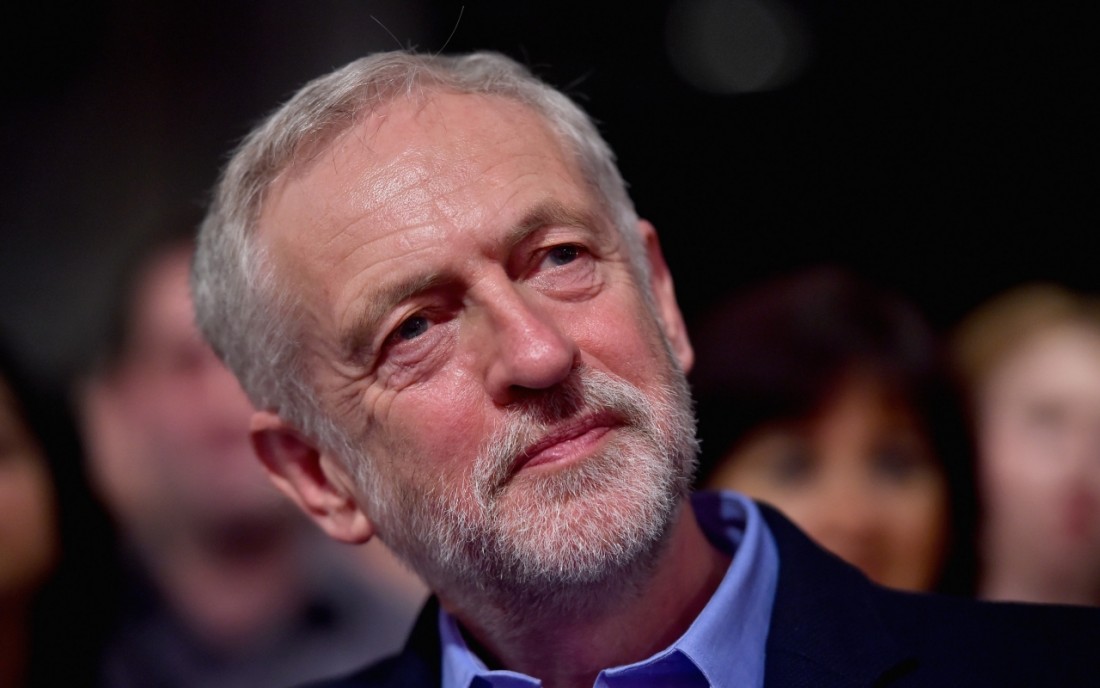The Labour Party may well be a mass membership organisation. Jeremy Corbyn, however much some want to topple him, was indeed democratically elected by the members. But neither of these two things change the undisputable fact that Labour’s membership and electoral system are currently severely hindering its ability to act as an effective opposition.
Regardless of their ambitions in the next general election, the fact of the matter is that currently Labour is the official opposition party in this country, despite speculation of their being superseded by the SNP should this inner party turmoil not come to an end soon.
The role of the opposition party, arguably one of the most important structural pillars in our parliamentary system, is to question the current government’s decisions and to hold them accountable to the public. Without an effective opposition, we risk affording the government too much power, a clearly dangerous position, which can ultimately lead to what amounts to a dictatorship.
In a Facebook post today, renowned lefty, Billy Bragg, focused on the members’ democratic power within the party and dismissed the importance of the PLP’s verdict and what it revealed about the party’s confidence in Corbyn: “The PLP have had their chance to express their opinion. Now there must be a leadership contest so that the members can have their say, after which the electorate will vote on the outcome. That’s how democracy works.” What Mr. Bragg fails to understand is the absolutely pivotal importance of the parliamentary members’ approval and support of their leader.
Yesterday’s PLP vote, in which the no confidence motion passed by the overwhelming majority of 172 to 40, provided crystal clear evidence that Corbyn doesn’t have the support of his parliamentary party.
If you end up with a leader supposedly wanted by 60 per cent of the members, yet unanimously unsupported by his MPs, something has clearly gone seriously wrong within the party’s internal structure. In my mind, the MPs and MEPs should have a greater say over who their leader is, since they’re the ones expected to be working directly with him on a day-to-day basis. The idea that any Tom, Dick or Harry could buy the right to help decide who leads the Labour party for £3 is so ill-thought through and idealistic, that it miserably fails to acknowledge how easily abused this system can be. It’s common knowledge that during the last leadership election, thousands of Corbynistas and even duplicitous Tories bought membership just to intentionally skew the results.
It’s clearly unfortunate that there’s a clash of preferences between the PLP and the rest of the members over who should be leading the party, as in theory an enfranchised membership is desirable. Yet in the interest of maintaining the party as a single, coherent, unit with the power to contend law-making in parliament, the PLP’s verdict must take precedence. In challenging situations such as our current one, pragmatism must triumph over idealism.
It’s all well and good clinging to these noble socialist ideals of the party being a voice of the people and every member standing on a level footing, but if they can’t even function as an opposition in parliament, what’s the point? Whilst the Labour party lacks a leader that can unite the party and command the support of his MPs in parliament, it will be inhibited in carrying out its current, primary role as the party of the opposition.
We should consider it telling that the Tories clearly don’t feel under any pressure or scrutiny whilst Corbyn is leading the opposition. This was made clear in David Cameron’s comments during this Wednesday’s PMQs: after a relatively tame interaction between the two, Cameron pulled no punches as he directly questioned Corbyn’s leadership: “It might be in my party’s interest for him to sit there, it’s not in the national interest and I would say, for heaven’s sake man, go.” Then again, this could just be a cheap shot from the recently resigned Cameron, taking advantage of the current turmoil within his opposite number’s party.
Given that Leave have already gone back on various pledges made during the campaign, such as the now infamous £350bn supposedly pledged for the NHS, or even the suggestion published in The Independent that Boris, Gove and Farage would support its privatisation, surely having a united opposition in place is more important than ever?
However noble or democratic the concept of mass membership may be, there’s no denying that it’s at least partially responsible for Labour’s current crisis and inability to function as the coherent and united opposition our country so desperately needs in these times of uncertainty.



